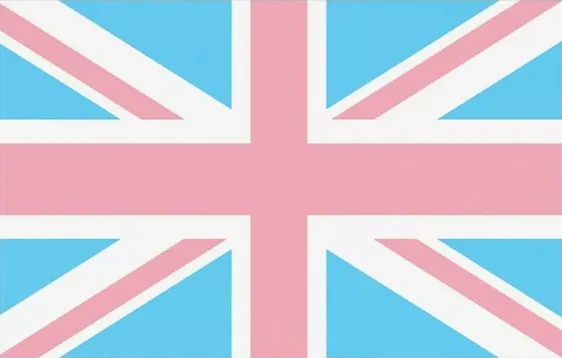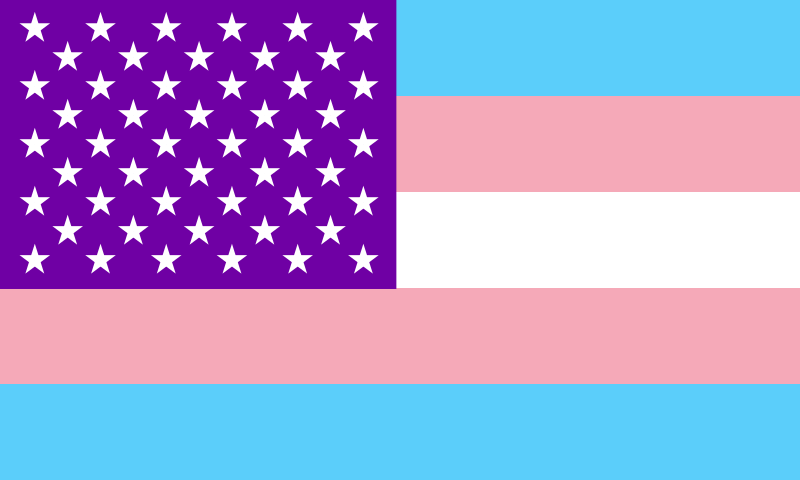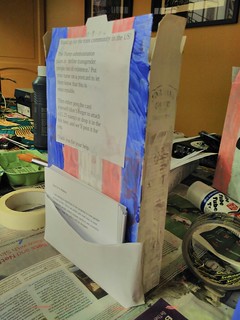This was in the works for a while. I wrote my MP a few weeks ago in response to the Trans Actual campaign to ensure that every MP has met a trans person. They suggested that I should bring my spouse, so we logged into Teams together for a 20 minute chat.
When I asked for the meeting, I had a couple of topics in mind, but the recent Supreme Court decision superseded them, so instead I talked about how trans rights is a generational issue – most young people do know a trans person and they’re not going to forgive Labour if it doesn’t act to protect their friends.
More important than the content of the meeting was that it happened. Our MPs need to hear from us. Trans people, especially, but also allies.
If you’re trans, please both write and ask for a meeting. If you’re cis, please write. (Example scripts here and here, but do use at least some of your own words. Find email addresses here. )
Indeed, if you’re cis, don’t just write your MP, but please also check in with your trans friends.
And check in with your cis friends. Make sure they also know you support trans rights. Ask them to write their MPs also.
Even More Asks
The most important thing I’m asking for is to write an email. It can be super short, just be clear that you support trans rights and want legislative action to protect them.
But, alas, in this climate, bigots are emboldened, so one important part of allyship needs to include helping de-embolden them. If somebody keeps saying “men and women” to mean people, keep adding “and enbies”. This is slightly awkward, but it’s less awkward for you than it would be for an enby. You’re doing G-d’s work.
Talk shit about transphobia. Don’t leave people guessing where your alliances lie. Correct transphobic terminology. People are not “biological” or not. There are women: trans and cis. Men: trans and cis. And non-binary people (sometimes known as “enbies”). Use this terminology. Gently correct others by repeating what they just said back to them with the right wording. Remember that the more polite thing to do is to speak up.
If you witness transphobia impact a person, don’t stay quiet or do nothing, but act on the 5Ds. Most people subject to random transphobic harassment are cis, so watch out for your lesbian friends and others that bigots mistake for trans people.
As far as non-random harassment goes, it tends to be minor, but ongoing. It’s death by a thousand cuts, but your speaking up can make a real difference. Repeat back what was just said but with the right name and pronouns. Disagree with troublesome assertions. Be clear that terfs are weird and don’t speak for you or your friends.
Toilets
Unfortunately, the supreme court ruling may create problems for people who just need to relieve themselves. When you are using the facilities, please be aware of vibes and vulnerable users. The advice below is for cis (passing) people.
Disabled / ungendered loos
Anyone who wishes to use these spaces should be allowed. While people with disabilities do get first crack and to skip queues, nobody should be challenged on seeking to use this space.
If you witness a challenge, speak up and remind the challenger that the loos are for everybody.
Similarly, nobody should be forced to use these loos if they assert the belong in the women’s or the men’s.
Women’s loos
If somebody is too interested in another person or the vibes seem off, be aware. Transphobes will sometimes try to get another person to speak, in order to judge their vocal register. If somebody in the queue asks another person in the queue a question, be ready to answer it yourself. Disrupt their attempts to sus out who might be trans.
Men’s loos
If you are in the loo and you notice somebody who looks like they might not be normally a user of the men’s room or like they might be vulnerable in some way, let them use the loo without being weird at them, but also be aware of vibes. Are other people in there being weird or creepy? Does the situation seem like it might be risky or just feel off? Linger by combing your hair or handwashing or whatever until the other user gets out ok.
If someone is forced to use the wrong loo
Even with the court ruling, everyone has the right to use the loo which best fits their identity. However, in practice, you may witness somebody forced into the wrong space. You need to make sure they get out ok. If they’re forced into non-gendered loos, they’re still at risk for harassment, so keep an eye out. If they’re forced into the men’s somebody friendly must accompany them.
The ideal people to accompany them into the men’s are women and non-binary people. Strangers can and should volunteer for this.
If only men are available, their escort really ought to be somebody they know who is not creepy. It can be more than one person, especially if the first person to volunteer seems weird for any reason.
If you are a strange man, this is socially tricky. Ask the person how and if you can help. Do they want you to ask other users to leave so they can have the loo to themselves? Do they want you to wait for them outside? Do you know where there’s a different toilet nearby?
Ideally, in a case where things seem off around the use of loos or changing rooms, you can hopefully see off trouble before it starts. In case you can’t, be aware of bystander training.




